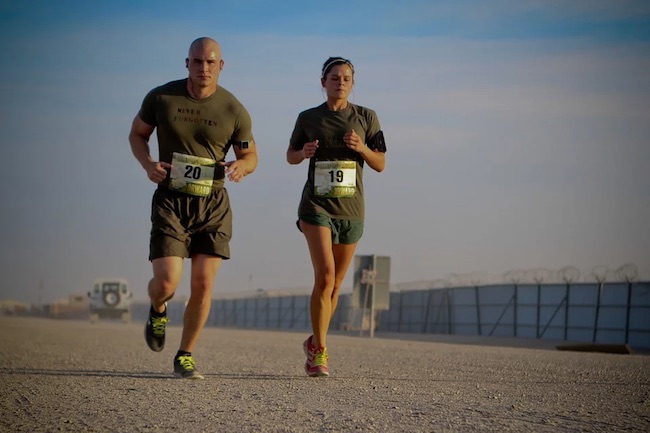Exercise Nutrition: Whether You Should Eat Before Or After A Workout Depends On Your Fitness Goals By Justin Roberts, Anglia Ruskin University via Natural Blaze
There’s plenty of evidence showing how important nutrition is for exercise, from aiding performance to enhancing recovery. But it’s often confusing to know whether it’s best to eat before or after you exercise.
To answer this, you should first consider what you’re training for, as your goal could influence whether to eat before or not. Second, you need to consider the level that you’re at. An elite athlete’s needs are different from a beginner and probably influences how much energy from food is needed – and even the number of meals eaten. Third, you need to think about what works for you. Some people thrive when training in a fasted state, while for others, it’s the opposite.
Eating before
When we exercise, our bodies need energy. This energy is supplied by fuel, either stored in our bodies (as carbohydrate in our liver and muscles, or from fat stores), or from the food we eat. If the exercise is demanding or if we exercise for a long time, we use more stored carbohydrate (known as glycogen).
Studies show that carbohydrates in our diet are important in topping up our glycogen stores between bouts of exercise and also when eaten before exercise sessions.
So if your energy is somewhat low, or you’re doing a longer or more demanding session, consuming carbohydrate-rich foods – such as pasta, rice, cereals or fruit – around three to four hours before exercise can help provide the energy you need to keep moving.
There’s also evidence that carbohydrate type can help improve metabolic responses to exercise. While this may not necessarily affect performance, eating lower glycemic index foods (foods that produce a slower-releasing carbohydrate effect, such as porridge oats or wholegrain bread) can better sustain energy and provide benefits (such as lower use of glycogen stores) during exercise for some.




